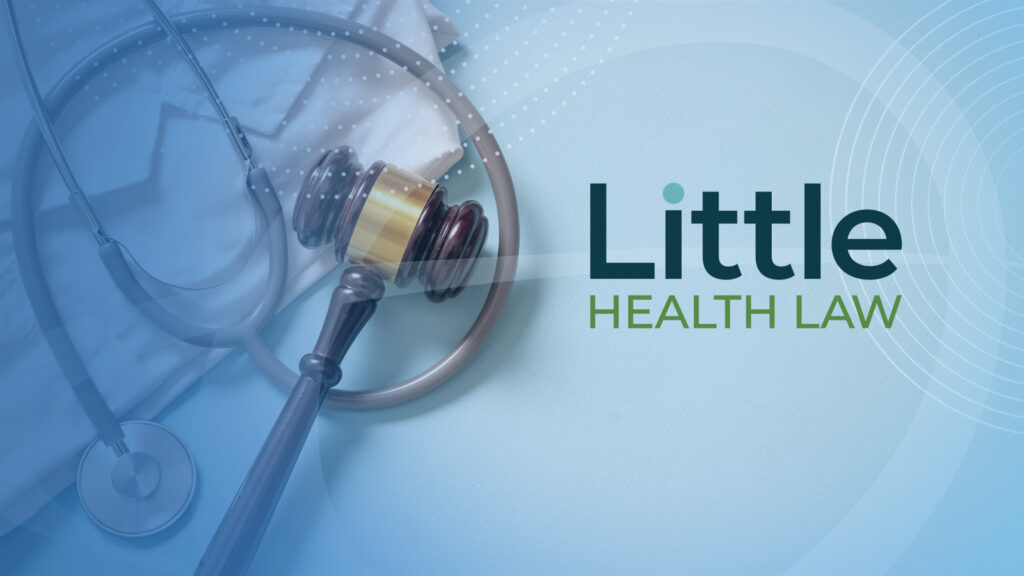Healthcare regulations present a unique challenge for physicians and medical professionals, impacting virtually every aspect of their professional lives. From employment agreements to reimbursement disputes and licensure compliance, healthcare law is integral to maintaining a successful practice. At our physician recruitment firm, we understand the critical nature of these regulations and aim to connect medical professionals with expert resources to navigate these complex landscapes confidently.
In this article, we’ll unpack essential compliance strategies and provide expert insights from attorney Kevin Little, founder of Little Health Law, ensuring your practice stays protected and profitable.
Understanding Health Law Compliance for Physicians
Healthcare compliance encompasses adhering to numerous federal and state regulations designed to ensure patient safety and proper medical practices. Non-compliance can result in severe penalties, license suspension, or even revocation.
Kevin Little emphasizes, “The most common word we hear from prospective clients is compliance. Physicians want to be compliant, but the challenge is understanding exactly what compliance entails.”
Key regulatory areas include:
- Self-Referral Prohibitions (Stark Law): Governs physician referrals for Medicare and Medicaid patients, particularly regarding services in which the physician has financial interests.
- Prescription Regulations: Guidelines around prescribing medications, especially controlled substances.
- Scope of Practice and Licensure: Adhering strictly to activities authorized under your professional license.
Navigating Medical Board Investigations and Licensure Issues
Medical board investigations can be intimidating. Boards exist to protect patients and maintain high standards within the medical community. Kevin Little advises transparency and prompt action:
“Above all, physicians must be candid. Medical boards respect transparency, ownership of mistakes, and straightforward communication.”
If facing a medical board issue:
- Seek immediate expert legal counsel.
- Prepare thoroughly: Understand the allegations and gather relevant documentation.
- Communicate candidly: Never attempt to conceal facts. Honesty builds credibility and facilitates better outcomes.
Medical board cases typically resolve within a few months, emphasizing the need for swift, strategic responses.
Legal Challenges in Physician Employment Contracts
Employment contracts are vital documents governing compensation, duties, and terms of termination. Kevin Little notes: “Physicians shouldn’t view employment agreements as standard documents. Contract terms vary significantly and have long-term impacts.”
Important elements to carefully review include:
- Compensation Details: Clearly understand base salary, incentives, productivity bonuses, and reimbursement policies.
- Non-Compete Clauses: These restrict future practice locations and can severely limit professional flexibility. Consider negotiating terms to ensure reasonable and fair conditions.
- Termination Provisions: Carefully examine the conditions under which employment may be terminated, including “for-cause” and “without-cause” clauses.
Effective negotiation involves anticipating future scenarios. Kevin Little suggests approaching negotiations strategically: “Physicians need to assess each clause critically, particularly how restrictive terms could affect future employability. Effective negotiations early on prevent future disputes.”
Managing Disputes with Third-Party Payers
Reimbursement disputes with insurance companies, Medicare, or Medicaid can be financially and operationally draining. Common causes include billing errors, improper documentation, or misunderstandings about coverage and coding practices.
Kevin Little stresses the importance of involving billing consultants: “Hiring a billing consultant is a proactive step. These experts quickly identify errors or missed billing opportunities, saving significant resources in the long run.”
Key actions during reimbursement disputes:
- Engage billing experts: Validate your billing practices to either correct errors or substantiate claims.
- Document extensively: Maintain detailed records of services rendered and communications with payers.
- Involve legal counsel early: Particularly when disputes involve significant financial stakes or government payers, legal representation ensures comprehensive protection of your rights and interests.
Compliance Strategies for Specialized Healthcare Practices
Emerging healthcare areas like medical spas (med spas) and pain management clinics have heightened compliance risks.
Medical Spas and Aesthetic Practices
Medical spas attract scrutiny primarily due to concerns over non-physician ownership structures. Physicians involved in aesthetic medicine should ensure:
- Clear ownership documentation compliant with state laws.
- Properly supervised medical procedures meeting all licensure requirements.
Pain Management Clinics
Due to the opioid crisis, pain management practices are under intense scrutiny. Key compliance strategies include:
- Adhering strictly to prescribing regulations: Implement rigorous protocols for prescription monitoring.
- Regular audits and internal reviews: Routinely verify adherence to state-specific pain management guidelines.
Kevin Little emphasizes: “Med spas and pain management clinics should elevate their compliance efforts due to increased oversight. Vigilance is crucial to sustaining practice viability and patient safety.”
Staying Ahead: Keeping Updated with Healthcare Law Changes
The evolving nature of healthcare laws makes it essential for physicians to actively engage with ongoing education and regulatory updates. Practical strategies for staying informed include:
- Regularly attending professional seminars and webinars on health law compliance.
- Subscribing to reputable health law podcasts and newsletters to receive timely updates.
- Building professional networks: Engage with other physicians, healthcare attorneys, and industry consultants to remain abreast of best practices.
- Participating in Continuing Medical Education (CME) courses: Many CME courses include updates on legal and compliance matters, integrating professional development with essential compliance knowledge.
- Utilizing legal advisory services: Establishing a relationship with a healthcare-focused legal advisory service can provide customized insights tailored to your specific practice area.
- Regularly visiting government and authoritative websites: Resources such as the Centers for Medicare & Medicaid Services (CMS), the American Medical Association (AMA), and state medical board websites provide official updates and detailed regulatory changes.
Kevin Little suggests a disciplined approach: “Set aside dedicated time periodically for healthcare law updates. Collaborating with colleagues and professionals enhances understanding and ensures continuous compliance.”
How Expert Legal Support Enhances Physician Practices
Physicians navigating health law challenges significantly benefit from specialized legal expertise. Scenarios requiring expert counsel include:
- Medical board investigations: Professional representation increases the likelihood of favorable outcomes.
- Contract negotiations: Attorneys identify critical provisions, helping physicians negotiate favorable terms.
- Reimbursement disputes: Skilled legal counsel protects practices from unnecessary financial loss.
Having reliable legal support offers peace of mind, allowing physicians to focus on patient care and practice growth.
Final Thoughts
Understanding and proactively managing health laws is critical for the longevity and success of medical practices. Physicians equipped with clear compliance strategies can better navigate regulatory complexities, mitigate risks, and sustain profitable, compliant practices.
If you require assistance in addressing compliance concerns or exploring new practice opportunities, we encourage you to reach out. Let our expertise in the medical professional community empower your practice, helping you focus on delivering exceptional patient care while ensuring compliance and profitability.

